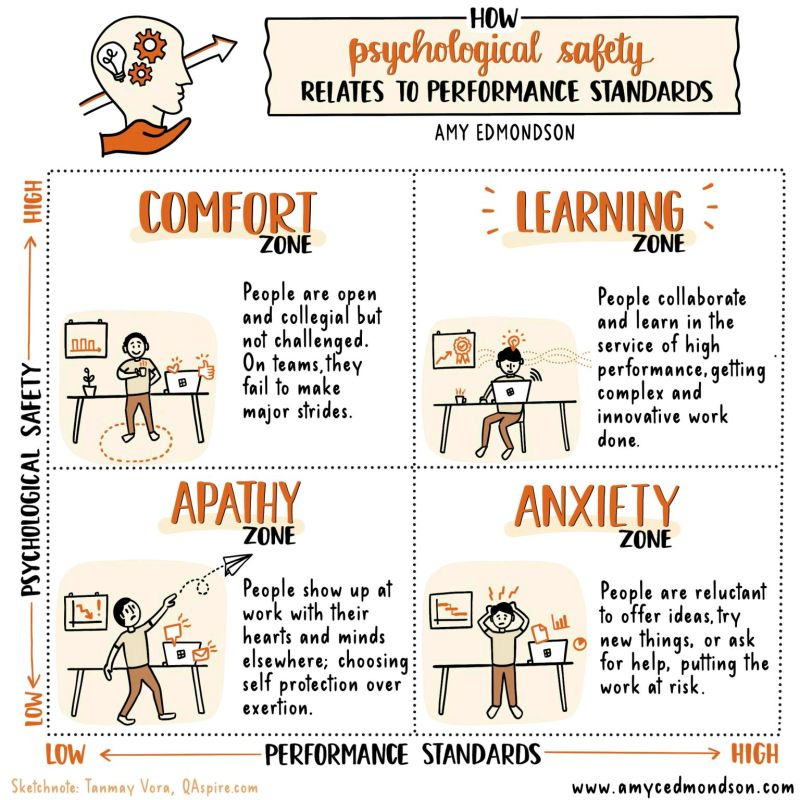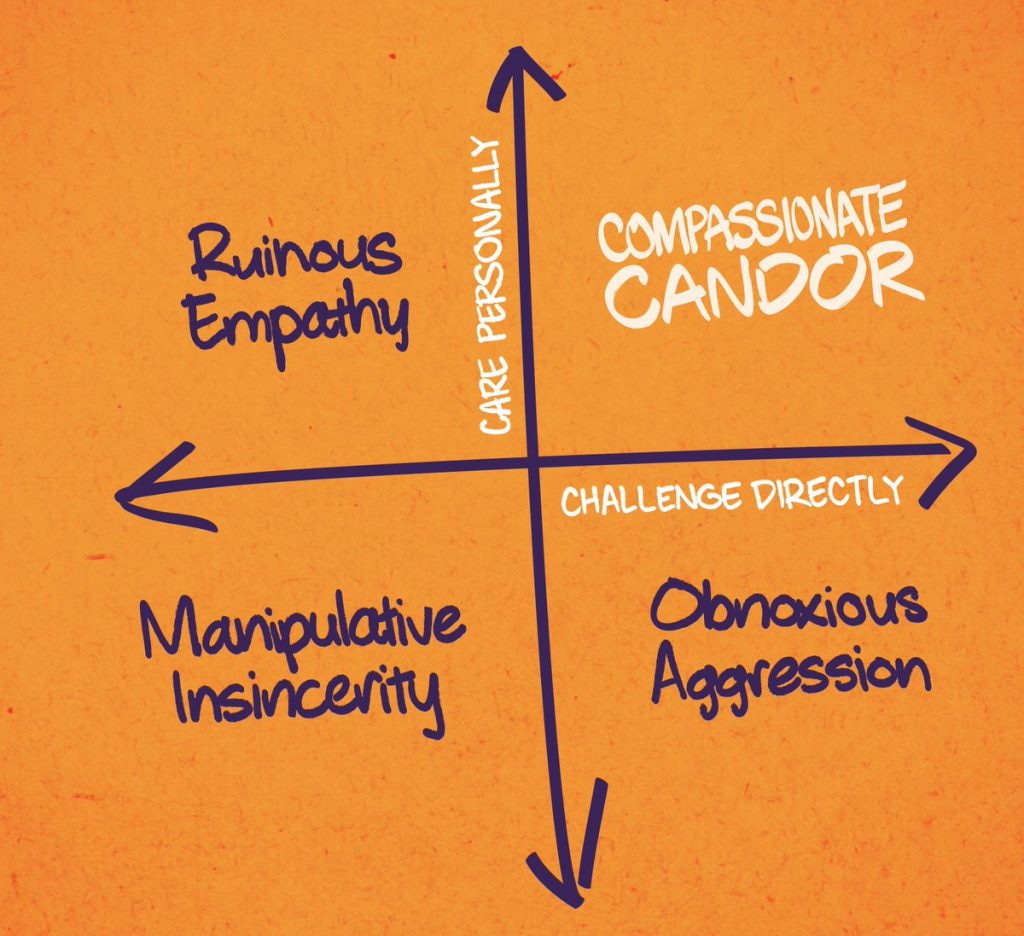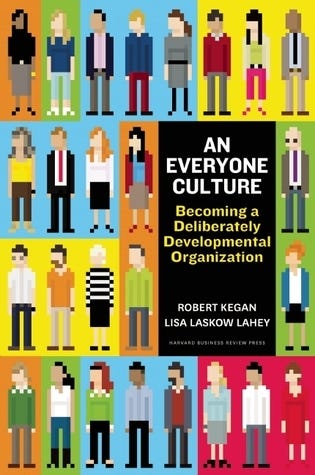Key ingredients for great 1-1s
We're publishing a short series of five articles focusing on how to have more effective and meaningful 1-1 conversations at work.
Good quality 1-1s are important. Great line management can help reduce stress on senior leadership, improve retention, and help scale the business. People feel more engaged and excited about their career progression when they’re well supported.
During our work across multiple SMEs and agencies in the UK over the past three years we’ve focused much of our support and consultancy on this single topic.
In this sort series of articles we explore some of the key components to great 1-1 conversations. We’re going to cover the following:
Creating psychological safety
Asking great questions
Giving and receiving feedback
Handling uncertainty and complexity
Ensuring growth and progression
Today we’ll start with the foundation: creating psychological safety.
During 1-1s you want to be in the ‘learning zone’. This is where good collaboration occurs and great performance happens. You can see this requires a high-degree of psychological safety.
Psychological safety is the internal feeling of being safe and willingness to take risks and experiment. Amy Edmondson (who coined the term in her research) defined psychological safety as:
“a shared belief held by members of a team that the team is safe for interpersonal risk taking.” *
How can you create this during your 1-1s?
There is no single strategy or approach, and it’s important to be comfortable and natural in your conversations. Rather than a set format for your conversations we recommend having a few guidelines in place.
Ask about mental health and general wellbeing.
Often missed this element is crucial in establishing a good personal connection. You might like to simply ask about the person’s weekend, their life outside of work, their general health. This will help form a broader context for the conversation.
Giving time for somebody to speak about their mental health shows you care. Be brave and dive into this. Wellbeing is a topic that all organisations must more willingly address.
Demonstrate compassionate candor.
Kim Scott has a tonne of resources around this great principle in business communication. Essentially she’s encouraging a willingness to demonstrate care (care personally) alongside being able to challenge directly.
This means acknowledging the effort somebody has put into their work, giving positive feedback and praise, showing empathy (that you understand their situation well). You can do these things alongside challenging that person directly. Being direct doesn’t mean being harsh or unkind. It means being clear, precise and honest.
We value a manager who is able to be honest with us. That creates safety. Being too nice, avoiding tough conversations, or skirting around constructive feedback only creates distrust and distance. Be direct, but do so with care.
Seek to understand what support the person needs
In ‘An Everyone Culture’ Robert Kegan suggests that the desire for growth is a deeply fundamental human urge. Each 1-1 is a great opportunity to zoom in with the particular individual in front of you and to understand exactly how and where they would like to grow over the coming weeks.
Be genuinely curious about this. Ask about what they’d like to achieve (you may be pleasantly surprised with their response), what they’re working towards, and be sure to ask if any support is needed.
Discuss with the individual in question the level of stretch (towards their goal) alongside the sense of security and safety they feel to take risks. Any growth demands a willingness to step into the unknown.
Through the conversation work towards a balance of stretch and comfort so that growth can happen in a sustainable and engaging way.
Let us know how you get on using these strategies. We’ll be back next week with a focus on great questions.






